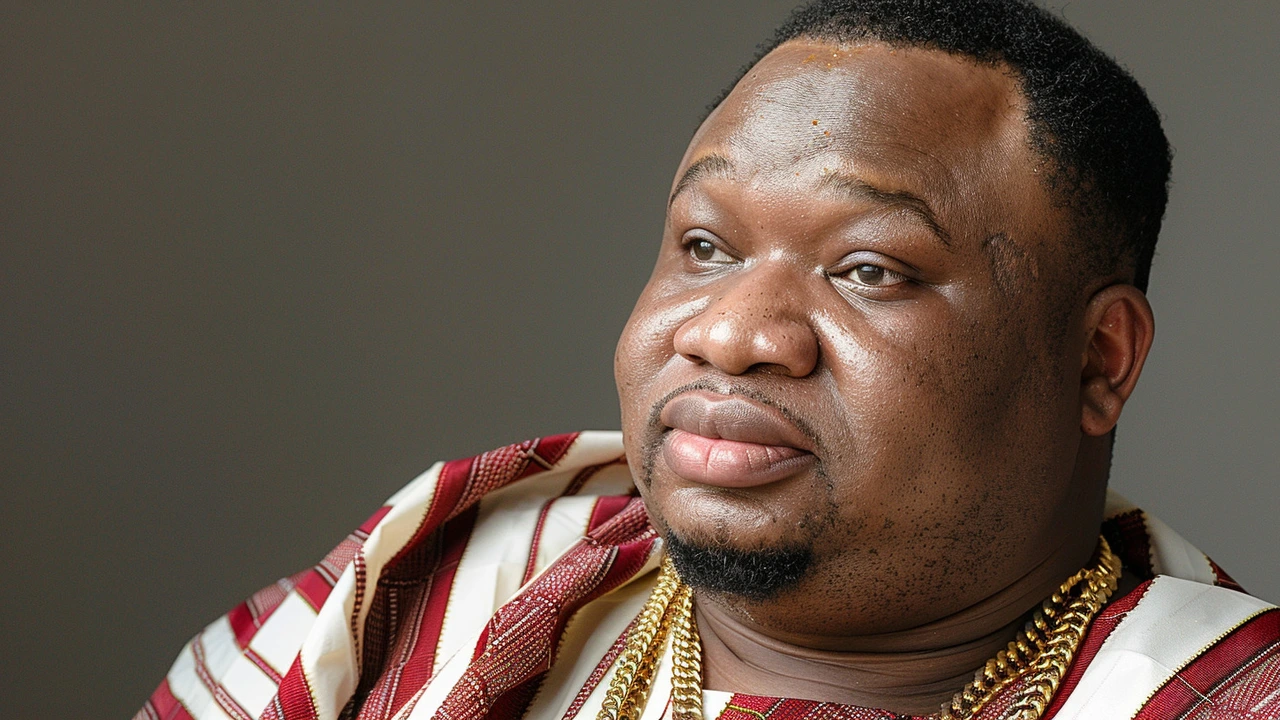Naira Abuse: What It Means for Nigeria and You
If you’ve been following news from Nigeria recently, you might have heard about the so-called "naira abuse" and the ongoing cash shortages causing headaches for many. But what exactly is naira abuse, and why does it matter to everyday Nigerians? Let’s break it down in simple terms.
At its core, naira abuse refers to the misuse or mishandling of Nigeria’s currency, the naira, which can take several forms, including hoarding cash outside banks and using cash to evade official channels. This practice disrupts the smooth flow of money, leading to cash shortages that banks and people experience daily.
Cash Shortages and Their Ripple Effect
Nigeria's cash shortage has grown worse over time. Bank workers recently criticized the Central Bank of Nigeria (CBN) for not supplying enough naira to banks, which affects everyone who relies on cash for transactions. Imagine going to withdraw money only to find your bank can’t give you the amount you need. This forces people to turn to expensive or unofficial alternatives.
Moreover, retailers are reportedly profiting by holding onto physical cash and charging POS operators extra fees, instead of returning the cash back to banks. This behavior tightens the money supply further and fuels inflation, making life tougher for millions.
Who’s Responsible and What’s Being Done?
The CBN is under pressure to ease these shortages and balance currency distribution better. However, economic challenges like inflation, increased demand for cash, and operational costs in the banking sector continue to complicate the situation. Nigerian bank workers, represented by groups like ASSBIFI, are speaking out, hoping to prompt action and ensure smoother cash flow for all.
So, what can everyday Nigerians do? Staying informed, using electronic payments when possible, and supporting transparent banking practices can help ease some pressure. Also, pushing for reforms that address currency management and curb abuse practices will make a real difference over time.
Understanding naira abuse and its effects isn’t just about economics; it’s about how regular people live their everyday lives. As this situation unfolds, staying aware and adapting to changes will help you navigate these financial challenges more confidently.
Cubana Chief Priest Pays N10m Fine as EFCC Drops Charges in Naira Abuse Case
Pascal Okechukwu, also known as Cubana Chief Priest, was cleared of charges related to the abuse of the Naira at a social event. The court accepted a settlement which included a bond of good behavior, public sensitization campaigns, and a N10m payment. The Economic and Financial Crimes Commission (EFCC) then dropped the case.

